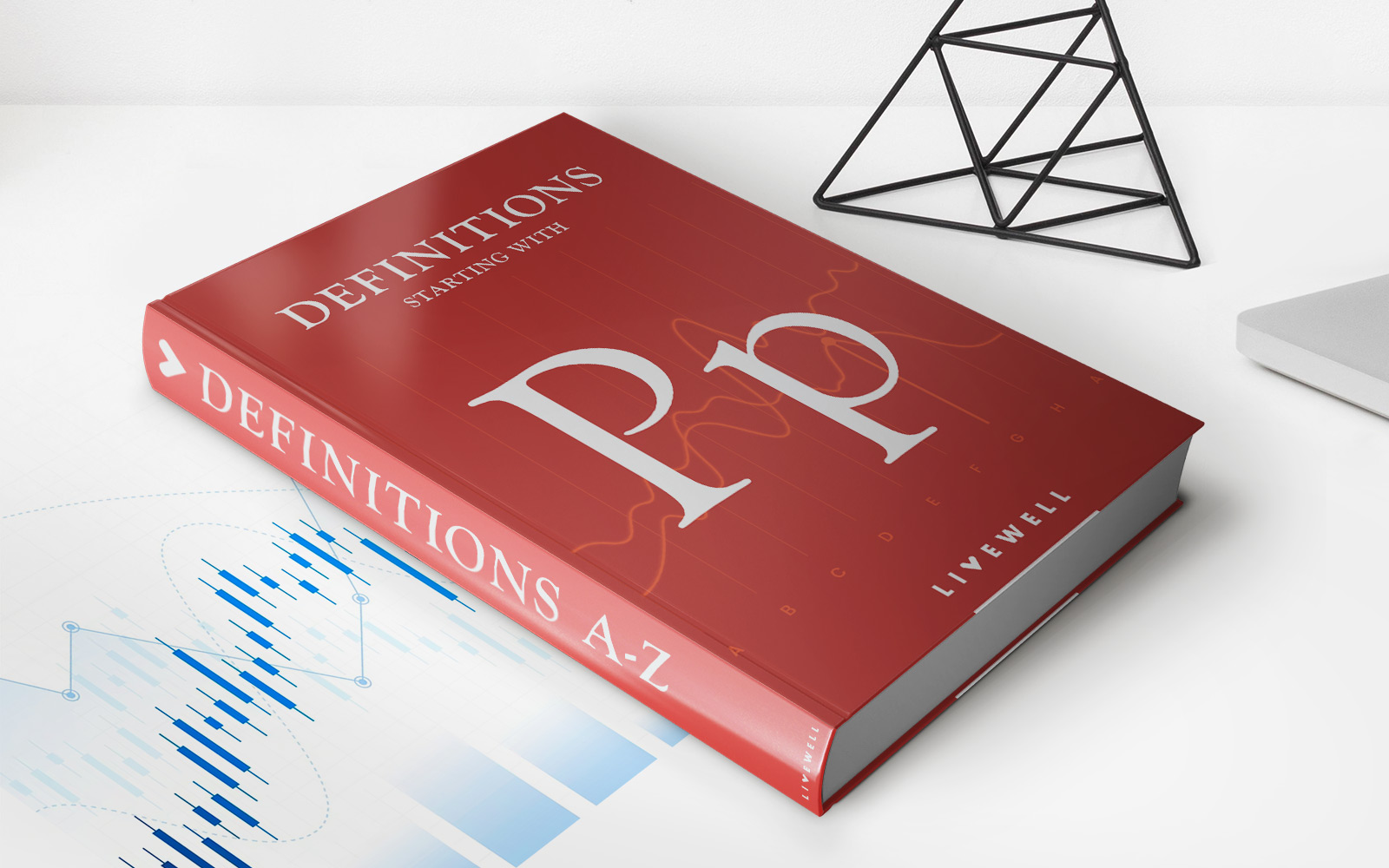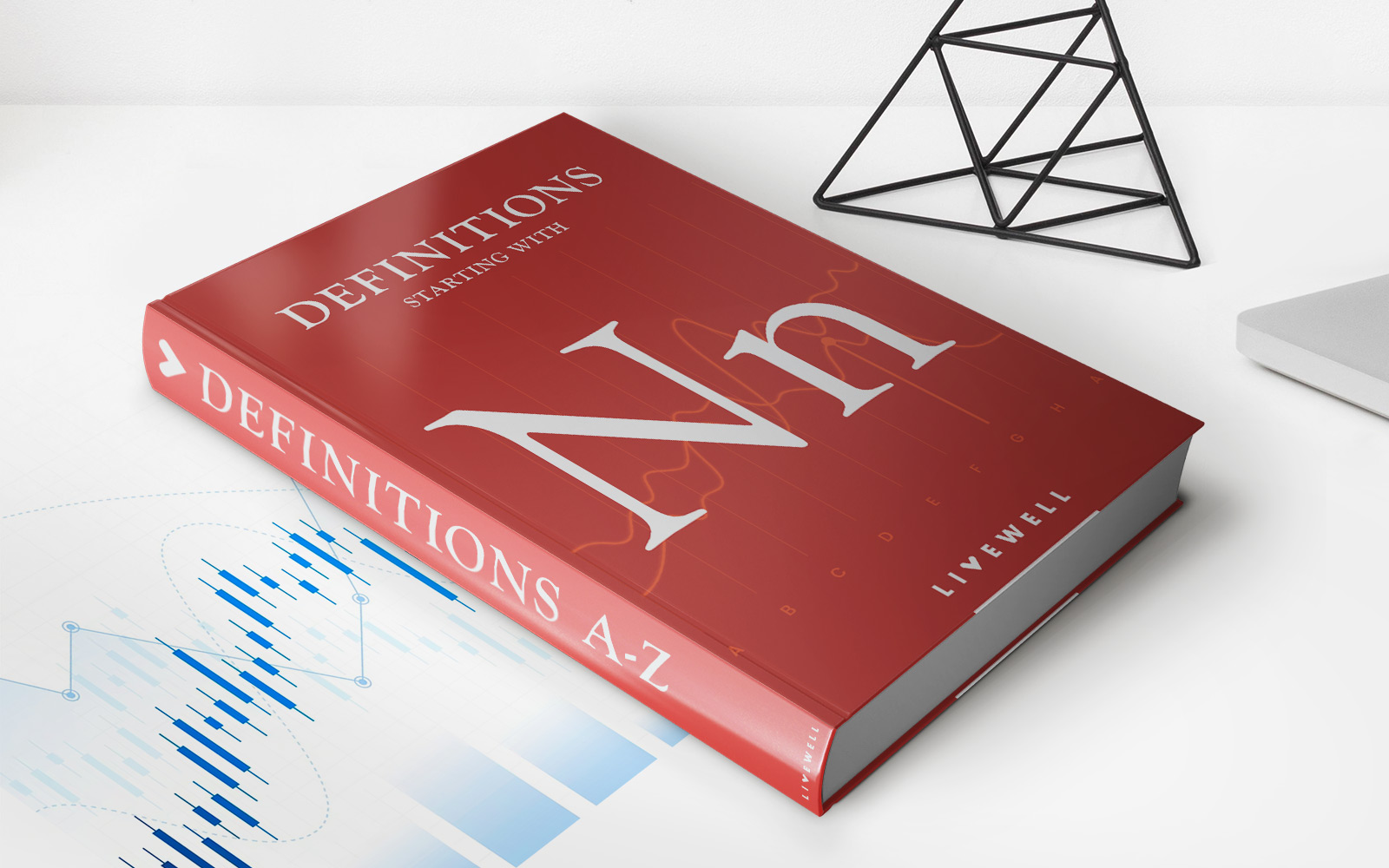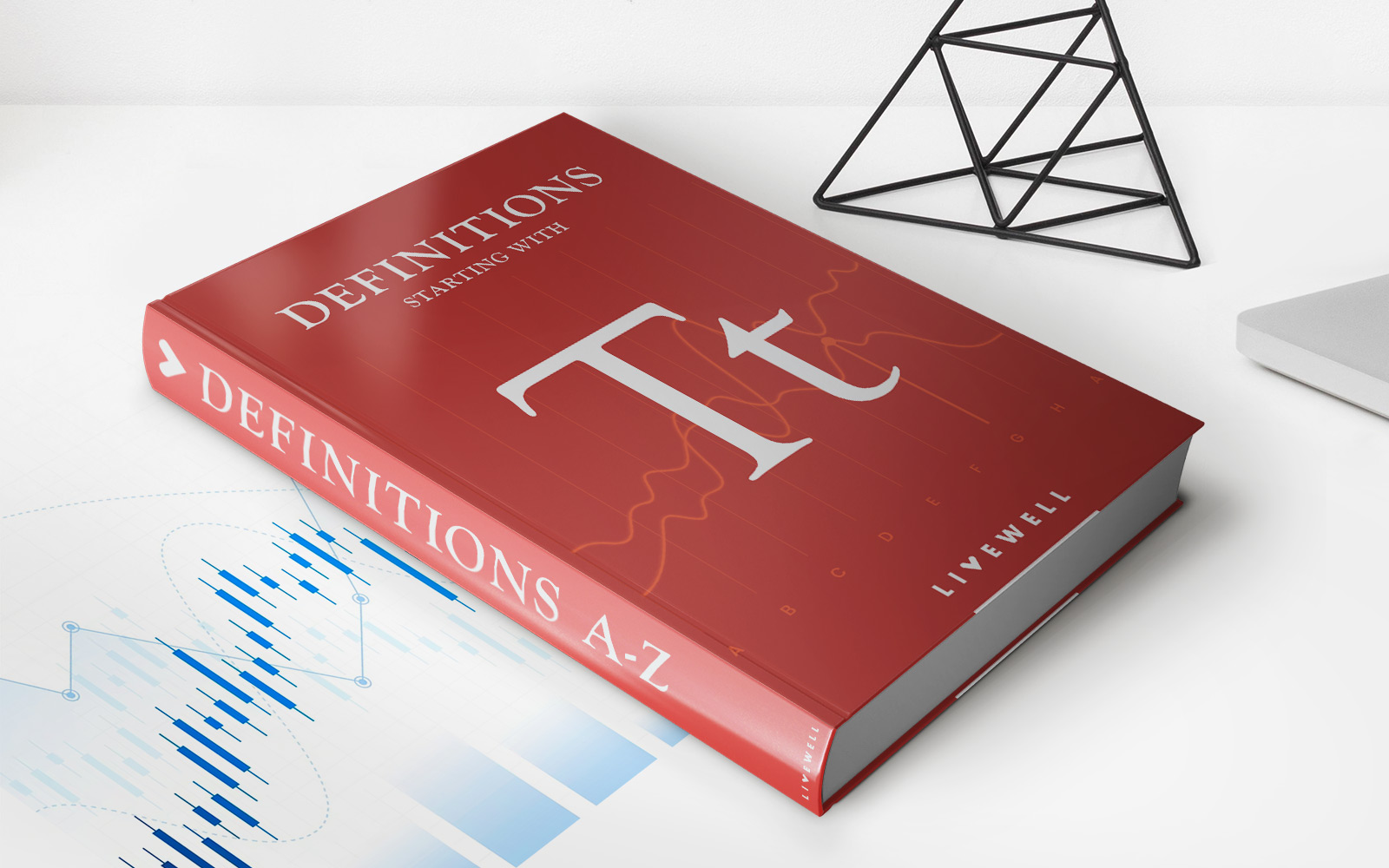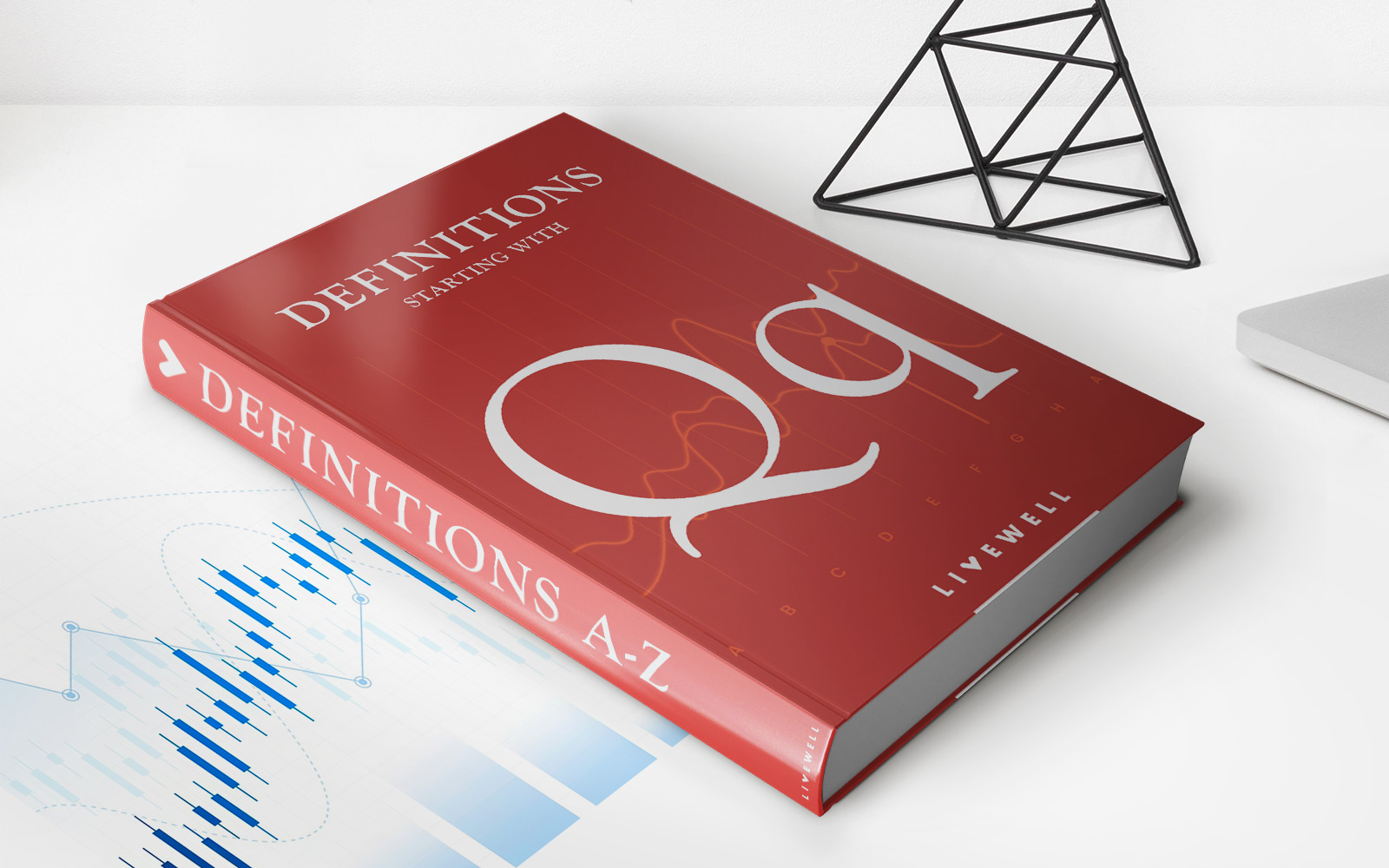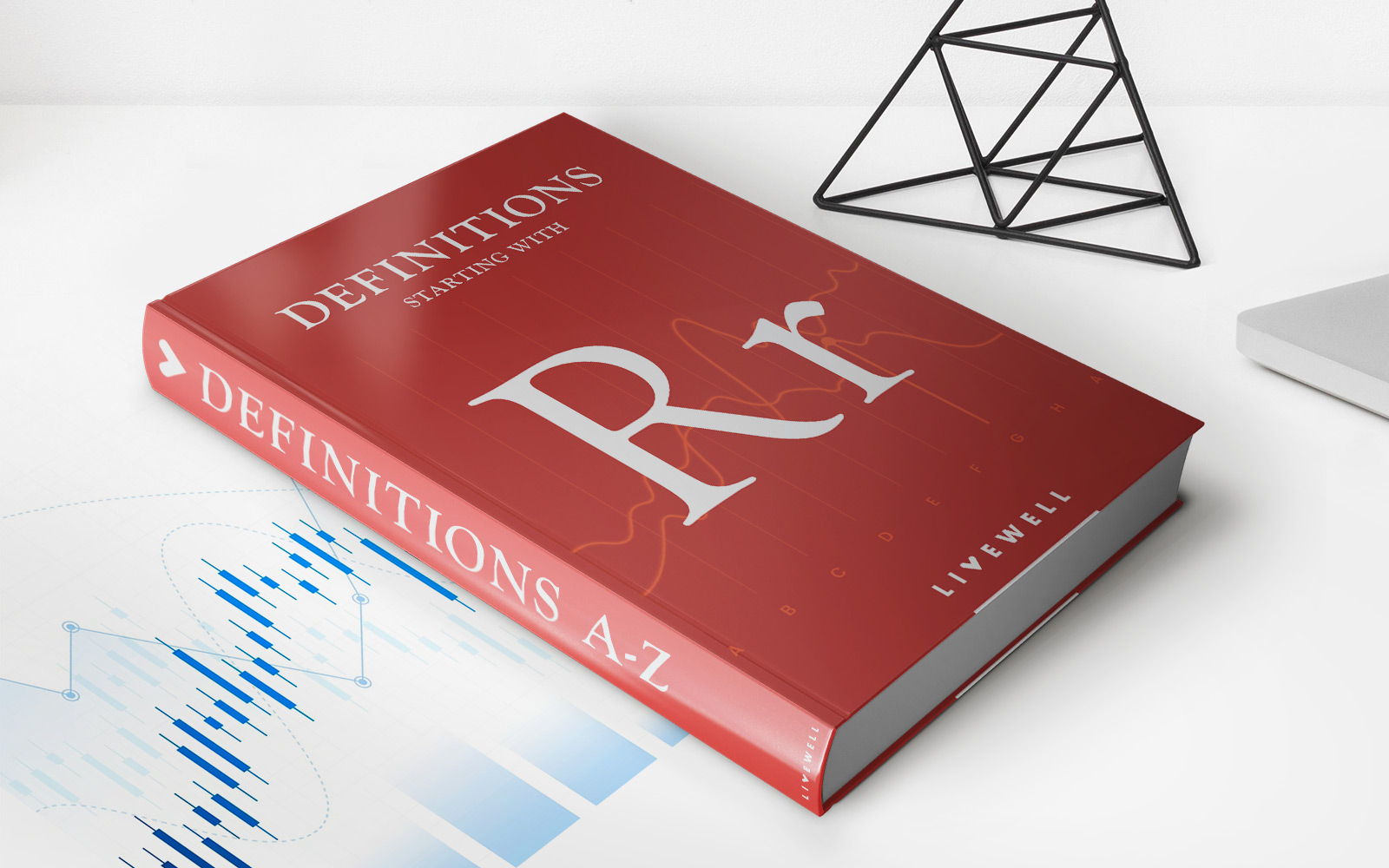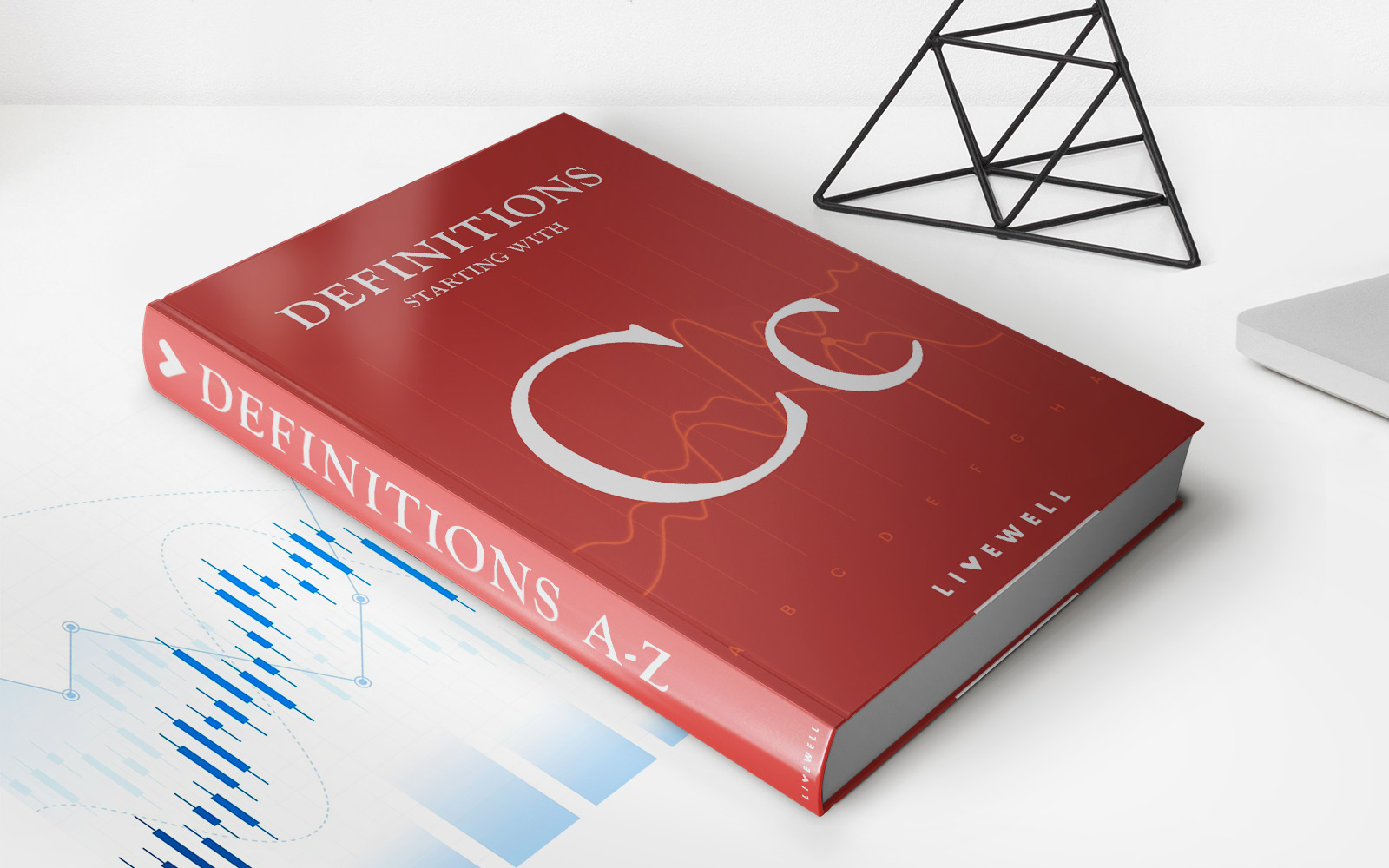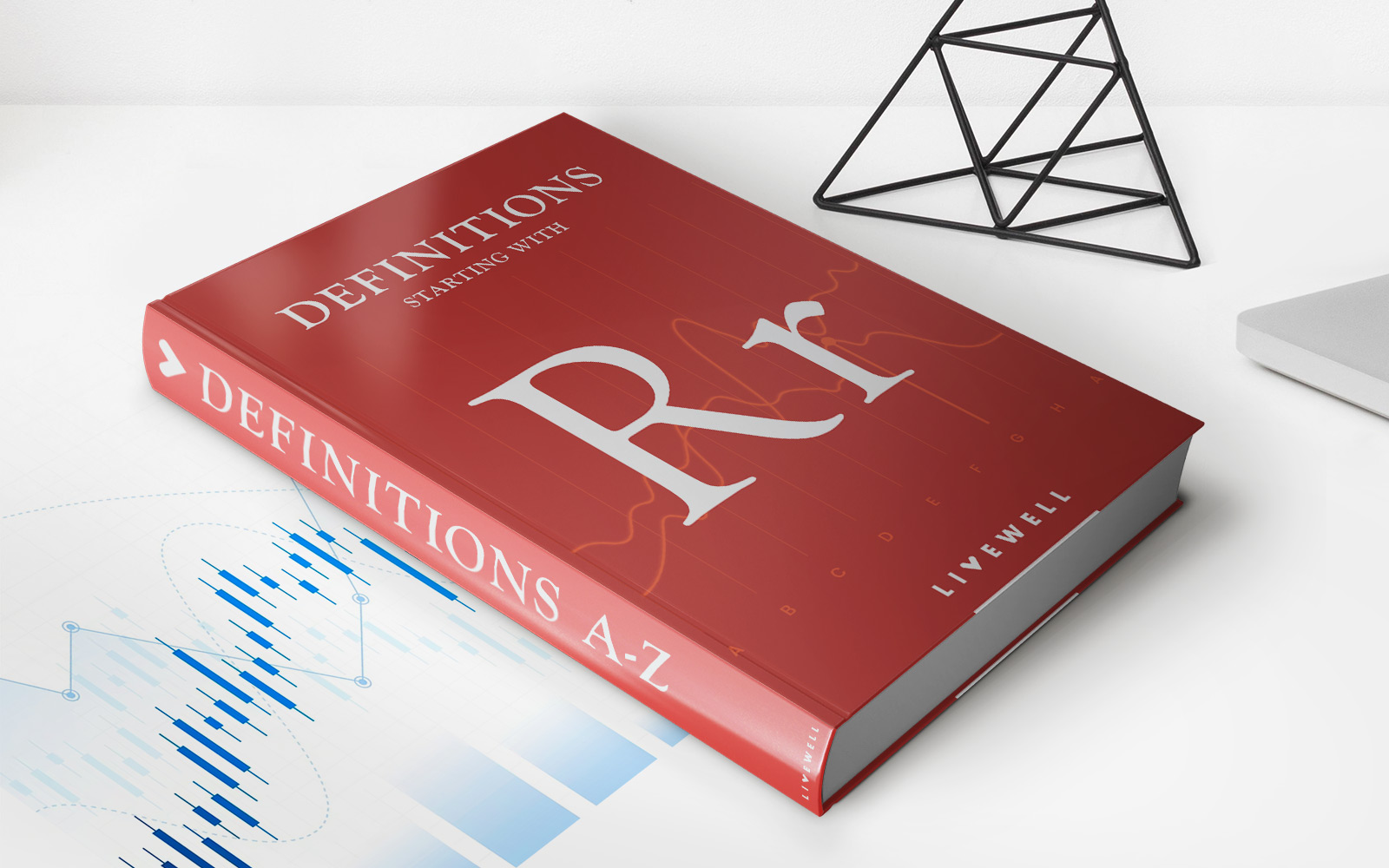

Finance
Round Trip Transaction Costs Definition
Published: January 22, 2024
Learn the definition of round trip transaction costs in finance and understand how they impact investments. Find out how to calculate and minimize these costs for better financial management.
(Many of the links in this article redirect to a specific reviewed product. Your purchase of these products through affiliate links helps to generate commission for LiveWell, at no extra cost. Learn more)
Understanding Round Trip Transaction Costs
When it comes to finance, there are various concepts and terms that can be confusing. Today, we’re going to dive deep into understanding round trip transaction costs. So, if you’re interested in learning more about this topic, you’ve come to the right place!
Key Takeaways:
- Round trip transaction costs refer to the total expenses associated with buying and selling an investment.
- These costs consist of brokerage fees, commissions, taxes, and other charges.
Now that we know the key takeaways, let’s delve into the definition and explanation of round trip transaction costs.
What are Round Trip Transaction Costs?
Round trip transaction costs can be defined as the total expenses incurred when an investor buys and sells an investment. It’s important to note that these costs go beyond the actual purchase and sale price of the investment.
When you decide to buy or sell securities such as stocks, bonds, or mutual funds, there are various additional expenses involved. These expenses include brokerage fees, commissions, taxes, and other charges. All these costs together make up the round trip transaction costs.
Calculating Round Trip Transaction Costs:
Calculating round trip transaction costs can be a bit tricky as it involves considering multiple factors. Here’s a general breakdown of the various costs to consider:
- Brokerage Fees and Commissions: These are charges imposed by the broker for executing the transaction on your behalf. They are usually a percentage of the trade value or a fixed fee per trade.
- Taxes: Depending on your country’s tax laws, you may need to pay taxes on the gains made from the investment. It’s essential to factor in these taxes when calculating the round trip transaction costs.
- Exchange Fees: If you’re trading on an exchange, there may be additional fees charged by the exchange itself. These fees vary from one exchange to another and can impact your overall round trip transaction costs.
- Spread: The spread is the difference between the buying and selling prices of an investment. It represents the cost the market maker charges for facilitating the transaction. It’s crucial to consider the spread when calculating round trip transaction costs, especially in highly liquid markets.
- Other Charges: Depending on the investment and the broker you’re using, there may be other charges associated with the transaction. These charges can include custody fees, wire transfer fees, or account maintenance fees. Always check the terms and conditions and the fee schedule provided by your broker to ensure you are aware of any hidden charges.
Why Are Round Trip Transaction Costs Important?
Round trip transaction costs are important because they directly impact your overall investment returns. These costs can eat into your profits or increase your losses. By understanding and minimizing these costs, you can improve your chances of achieving better investment results.
Moreover, being aware of round trip transaction costs can also help you evaluate the efficiency of your investment strategy. It allows you to compare the costs associated with different investments or trading strategies and choose the most cost-effective approach.
In Conclusion
Round trip transaction costs are a crucial aspect of investing. Understanding these costs and incorporating them into your investment strategy can help you make more informed decisions and maximize your returns. By considering factors such as brokerage fees, commissions, taxes, and other charges, you’ll have a clearer picture of the overall costs associated with buying and selling investments. So, next time you’re making an investment, remember to factor in the round trip transaction costs.
